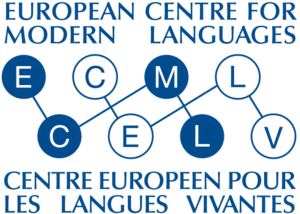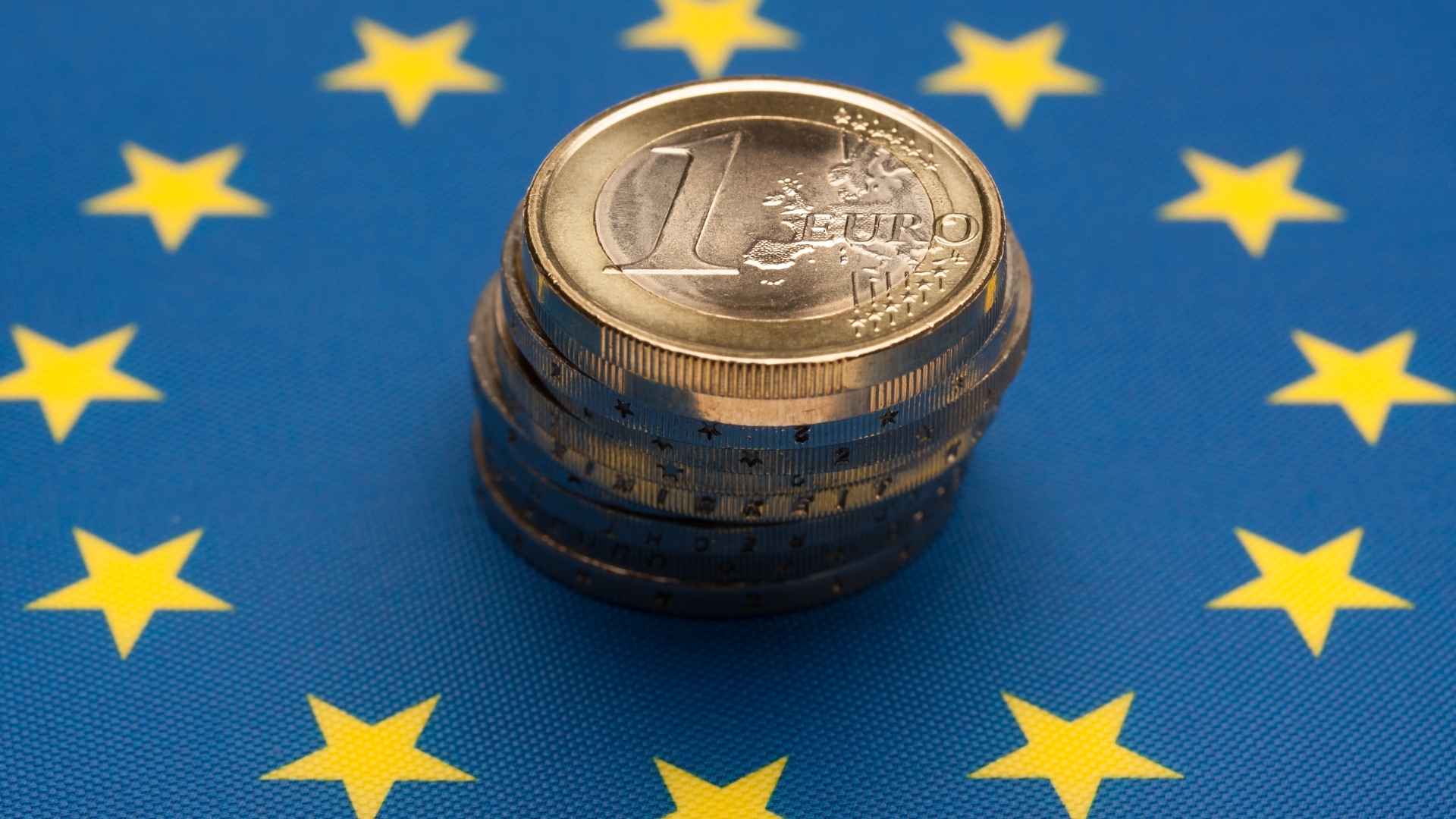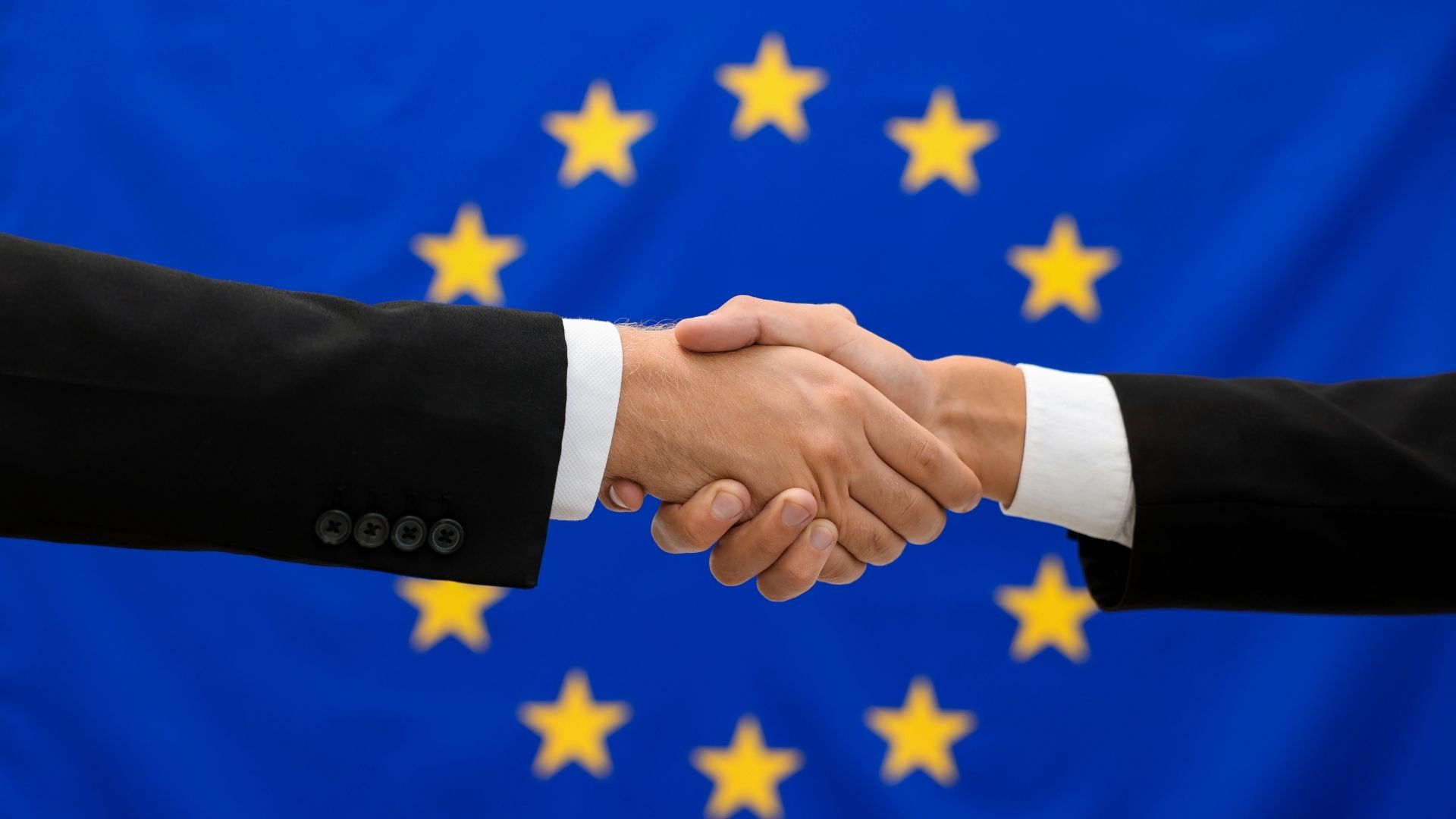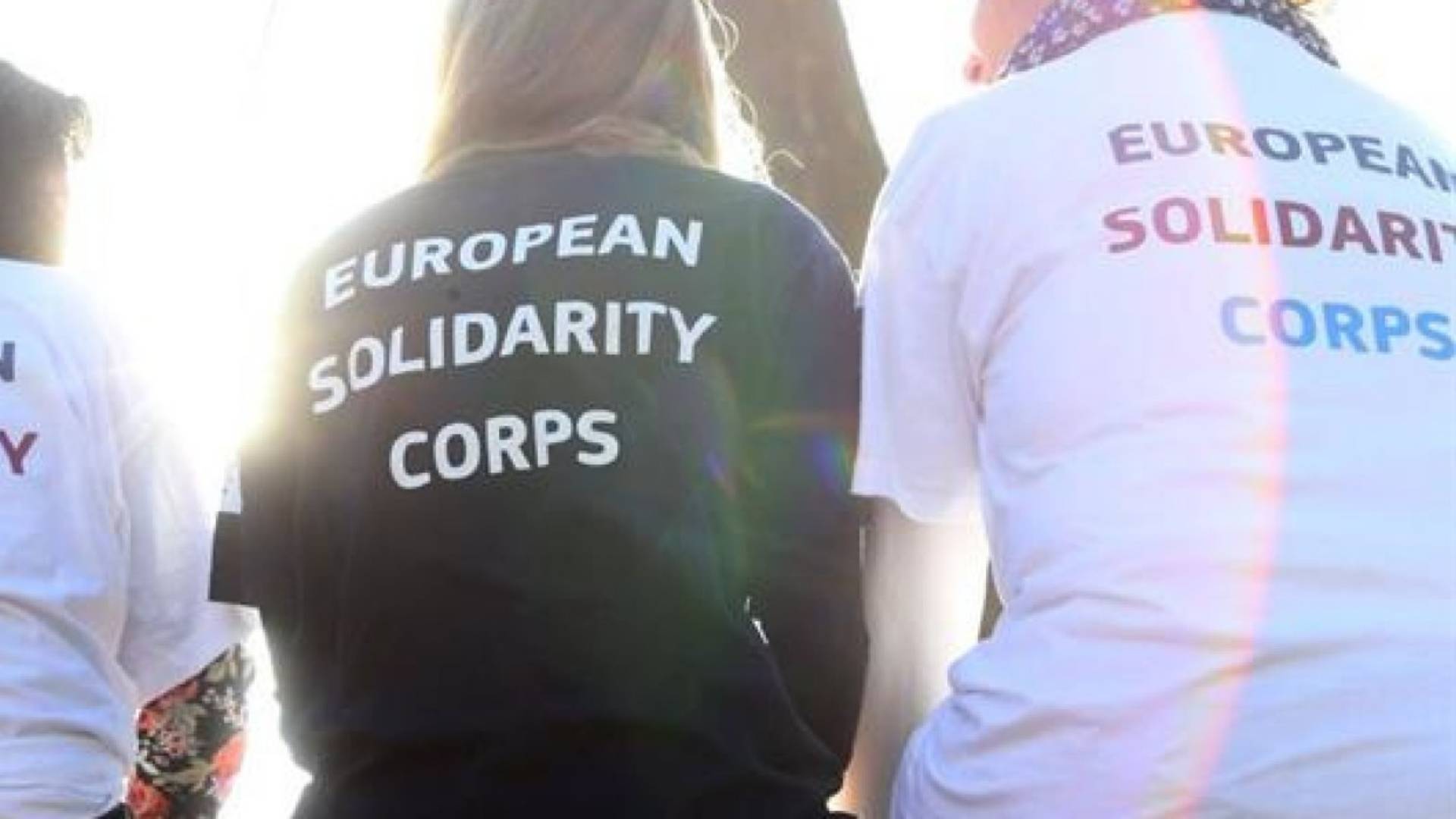What is ECML?
The European Centre for Modern Languages (ECML) is a Council of Europe institution based in Graz, Austria, dedicated to promoting high-quality language education across Europe. Its main mission is to promote multilingualism, supporting language learning and valuing minority and regional languages. The ECML works closely with the Council’s 46 member states to develop language policies that are innovative, up-to-date, and responsive to social and digital changes.
The centre is a crossroads between policy, research, and classroom practice. It collaborates with policymakers, language experts, and teachers to create practical tools and guidelines that address the challenges of language education. At the same time, it promotes inclusion and equal opportunities, providing resources that help institutions and teachers integrate students from diverse linguistic backgrounds and use language learning as a tool for active citizenship and intercultural awareness.

ECML and the promotion of linguistic democracy in Europe
Founded in 1994, the ECML emerged during a period of reopening and cooperation between East and West, just a few years after the fall of the Berlin Wall. As part of the Council of Europe, whose mission is to promote democracy, human rights, and the rule of law, it serves as a vehicle for promoting and defending rights in the cultural and linguistic sphere.
Linguistic diversity is seen as a key part of democracy and fundamental rights. Multilingualism helps unite generations, protect cultural heritage, and foster an inclusive society. In this context, the European Centre for Modern Languages in Graz represents the Council’s specialized section for language education, promoting tools, resources, and innovative policies to support language learning across Europe.
How does the ECML work?
The ECML runs four-year programs, each focusing on a specific theme. Topics have included innovative teaching methods, teacher training, support for regional and minority languages, the use of digital technologies in the classroom, and the promotion of linguistic inclusion for migrants and refugees.
Although it is not a university, the ECML produces valuable resources for anyone working or studying in languages. These include manuals and toolkits for innovative teaching, guidelines for using digital tools in the classroom, projects supporting migrant and refugee language learning, and resources to develop intercultural skills and active citizenship. The centre also organizes workshops, conferences, and networking events, connecting language experts from across Europe. All materials are freely available online and can be used by university students to enrich their studies.
Why is it important?
With over 200 languages spoken in Europe and 24 official EU languages, the ECML plays a key role in building a multilingual and inclusive society. Its projects go beyond improving teaching by helping refugees integrate into society, giving visibility and dignity to minority languages, supporting teachers and students in using digital technologies, and strengthening intercultural awareness.
An opportunity for you too!
For students of languages or linguistic mediation, learning about the ECML means discovering the most innovative trends in language education. Its materials and resources can enrich your studies, enhance your CV, and provide ideas for research projects. The ECML also shows how languages are not just communication tools but powerful instruments for social inclusion, active citizenship, and cultural innovation.






